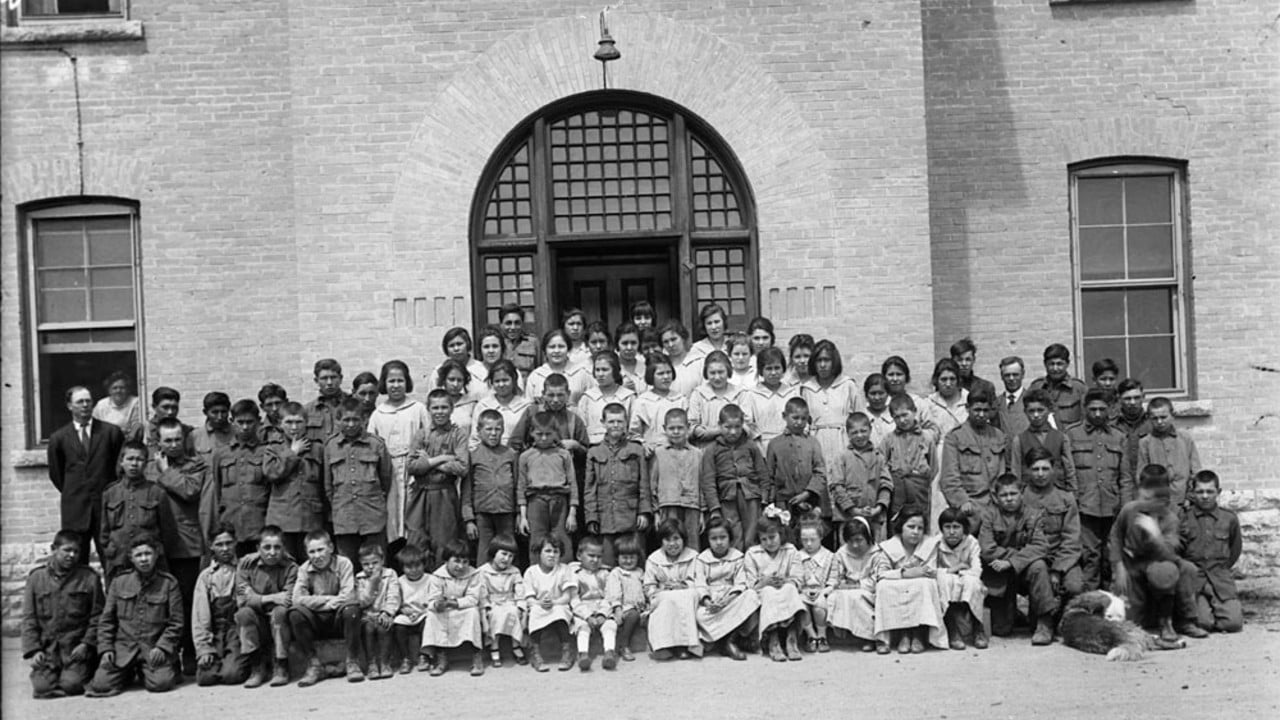
Other stakeholders also showed interest in the report and discussions were held with them, such as the fashion and textile industry association, the organic cotton accelerator and one of the major seed companies. The report sparked a discussion about forced labour in Gujurat, India. The interviewed government official in the field of labour in Gujurat stated that the situation wasn’t that bad, especially with regard to the forced labour aspects. A quote from the article: “14 bhagiya workers and their families, (…) suggest that 9 out of the 14 surveyed families ended up “with a debt as opposed to an income at the end of a season.”Ī day later, this article was published on Counterview: ‘Bonded labor a thing or past? Gujarat rural workers are now more aware: Ex-official’. The Indian news website Counterview devoted two articles to the report: ‘Debt bondage, forced labour, sexual abuse in Gujarat’s Bt cottonseed farms: Dutch study’.
#Who are you school 2015 arisa manual#
India Express wrote the article ‘Bhag-kheti in BT cottonseed farms of Gujarat comparable to bonded labour’: “The reports observe that practice of wage share-cropping or bhag-kheti unique to Gujarat entails a family that receives a cash advance for agreeing to perform manual labour on a landholding, usually for 10-12 months for a fraction of the agricultural yield.” The abuses described in this report, such as forced labour, sexual exploitation, structural underpayment and appalling working conditions, are still a daily reality for workers in 2021. The three trend papers can be found here:Īrisa’s and CLRA’s Seeds of Oppression report, released in late July 2021, provides a good overview of the slavery-like conditions under which many workers on Indian cottonseed farms are forced to work. The largest manufacturers and exporters by country can also be found in the papers. The documents provide information on the main leather products produced in the three countries, as well as the main export markets for leather and leather products from Bangladesh, India, and Pakistan, including the main international buyers. As part of this project, three trend papers have been published that outline the trends in production and trade for the three respective countries. Since April 2020, Arisa has been participating in the Together for Decent Leather project, with the aim of improving the working conditions of leather workers in Bangladesh, India, and Pakistan. The remaining funds will go to the Garment Labour Union, a Bangalore-based women-led union that advocates for female textile workers in the region. READ has been able to alleviate the situation somewhat with the donated money. The unemployment caused by Covid is rendering these issues more difficult than before. The mostly female Dalit workers who work in the clothing industry in Tamil Nadu face double discrimination, because of their caste and their gender. READ, another NGO from Tamil Nadu, reached out to 100 Dalit families and 100 families of garment workers with Covid-related support.

The NGO SAVE has provided psychological and practical support, including the provision of food to 338 workers affected by the pandemic in Tamil Nadu. Lastly, MVF has provided information about Covid and the importance of vaccinations in the communities. MVF has also aided migrant families returning to their home state.

MVF mainly supported this group to ensure that they actually received the rations and other aid measures provided by the government. MV Foundation (MVF) has reached 132 single women and orphans in the state of Bihar. The organisations MV Foundation in Andhra Pradesh, SAVE in Tamil Nadu, READ in Tamil Nadu, and an NGO active in South India all received €3,000 to assist workers and their families in various ways.


There was a need for food, protective equipment, including mouth caps, and disinfectants. Small garment factories closed, and workers lost their jobs and returned to their home state. Our partners told us there were not enough hospital beds and protective equipment. Many thanks to everyone who contributed to this action! Therefore, in May 2021, at the start of the pandemic last year, Arisa launched a donation campaign for Indian partners assisting workers and families affected by the pandemic. In the spring of this year, India was badly hit by a second corona wave. Welcome to the monthly digital newsletter from Arisa Foundation


 0 kommentar(er)
0 kommentar(er)
